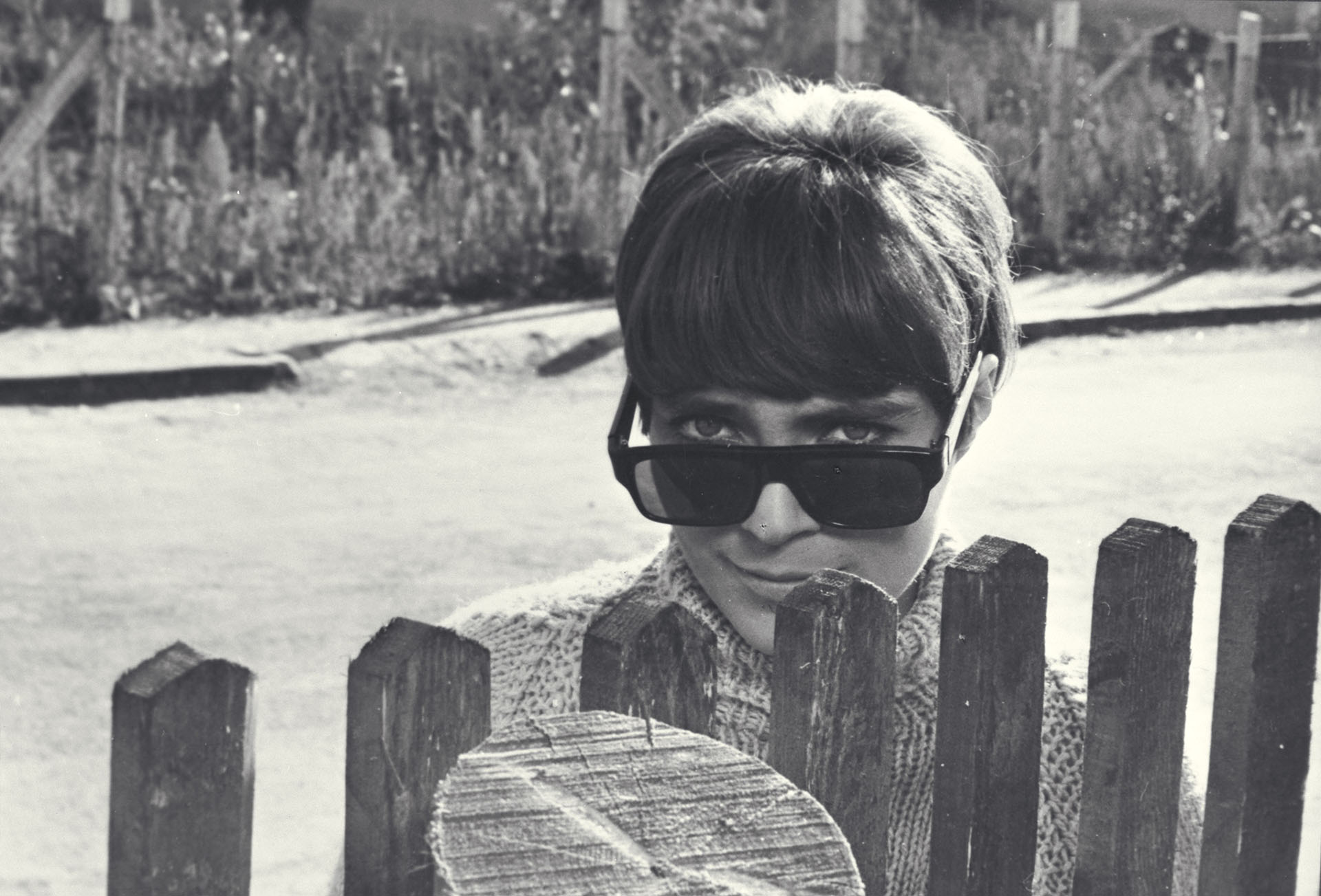
The girl works in a weaving mill and meantime searches for her parents because she was brought up in an orphanage. Her mother is now living with her new family in a village. When they met, she is asked to keep her true identity hidden from the family. The girl feels desperately alone, she starts up a series of short-term relationships and helps a dissolute man who tells her of the death of her father.
FILM NOTES
Márta Mészáros’ debut feature was also Hungary’s first, long-overdue, female-directed film. It follows Erszi, a young city woman who rides between Budapest and the villages in white jeans, bobbed hair and dark glasses, in marked contrast to the black-clad peasant women. She is uninhibited and self-assured, able to pay her way and to sleep with whomever she wants; she can also turn men down. She grew up in an orphanage, and now she is set on reconnecting with her biological mother, Mrs Zsámboki, a conformist housewife full of prudish reputability and shame. Their encounter is fraught with jealousy and distrust; no way can they bond. Besides, a string of possessive men – a foolish stalker, a narcissistic lover, a lyrical conman, a chilling autocrat – show up around Erszi. The film is more about generational rejection of tradition than the search for familial bonds: the stark contrast of light and dark reflects the juxtaposition of emancipation and patriarchy. The village is not really a natural home for an urban filmmaker such as Mészáros. Rock star Kati Kovács may have been a trendy casting choice, but later Mészáros would find, in Lili Monori, the actress who best suited her trademark style.
Female directors such as Vera Chytilová and Binka Zhelyazkova experimented more daringly in the 1960s, but their work was censored. Unlike them, Mészáros played it safe. Eltávozott nap is written and executed within the canon of collectivist political correctness, about a self-reliant working woman: a textile spinner, the epitome of socialist occupations. It would be some years before Mészáros made her unconstrained feminist films. Yet, there are snippets of brilliance here: the scene of the controlling village paterfamilias watching semi-clad women on TV may lack in subtlety, but it is a gem nonetheless. Greatness lurks in the corners of this film’s canvas: look for it.
(Dina Iordanova)
Courtesy of Cineteca – Il Cinema Ritrovato

